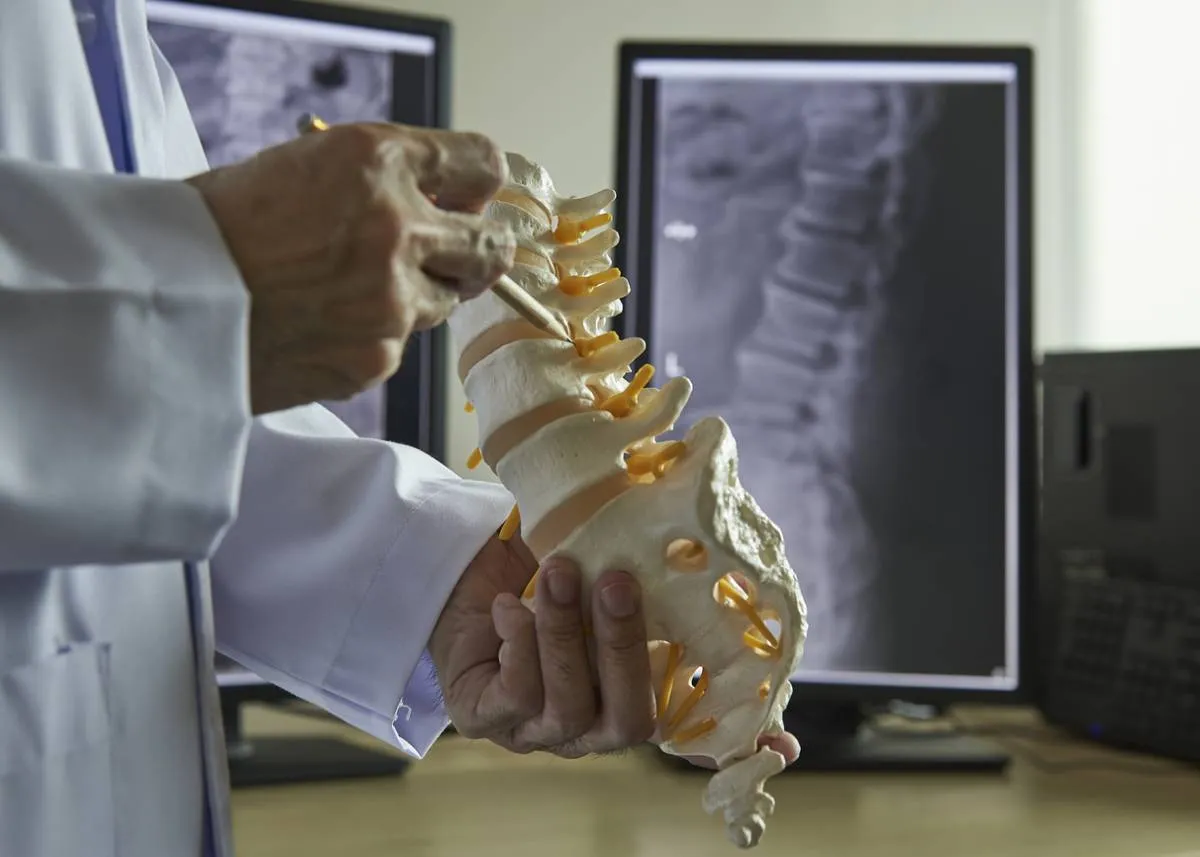



Does it Take Long to Recover from Back Surgery? | Yashar Neurosurgery





Many patients wonder: does it take long to recover from back surgery? The recovery time required after back surgery depends on the extent of the surgery and your surgeon’s recommendations. Ultimately, the only person that can give you anything close to a precise estimate is your neurosurgeon. That being said, we can establish a range. For example, relatively minor procedures, such as a discectomy to treat a herniated disc, may only take 12 weeks of recovery. By contrast, a patient that has vertebrae fused together could take as much as a year. Visit the best [spine surgeon Los Angeles](https://dryashar.com/) has to achieve symptom relief. Get started with your [lumbar microdiscectomy Los Angeles](https://dryashar.com/spine/discectomy/). Does it Take Long to Recover from Back Surgery? Regardless of your procedure and recovery timeline, there are [aspects to recovery](https://www.webmd.com/back-pain/ss/slideshow-back-surgery-recovery) common to most patients after back surgery. At the Hospital Every patient’s back surgery recovery will start in a hospital bed. It is common practice for a nurse to closely monitor you after your procedure given the delicacy of the spine, so don’t be surprised if you aren’t alone when you come to. You should also be prepared to have a number of tubes sticking out of you. Drainage tubes at the site of your procedure, an IV to deliver fluids, and a catheter to remove urine are all in place to keep you healthy and comfortable during your initial recovery. You may not be feeling up to it immediately, but the hospital staff will push to get you moving within the first day or so. Learning your breathing exercises and starting physical therapy early are an important part of ensuring that you start off on the right foot. At first, physical therapy will be more challenging than you expect, but it is important to stick with it to ensure that you maximize your range of motion. Going Home Once you’re at home, it is more important than ever to take your recovery seriously. Your doctor will encourage you to walk and discourage you from sitting for long periods. Poor circulation can slow down the entire healing process, so you’ll want to stay active within the parameters set by your doctor. When you do sit down, limit it to periods of 30-45 minutes. Choose a chair with adequate support and arms to keep your posture in position. This may be difficult, but you need your spine to heal normally. To increase the chance of proper healing, refrain from twisting your neck or spine while you sit. Keeping your spine straight is also important when you sleep. Sleeping Safely To protect your spine while you sleep, experts suggest using a second pillow. If you sleep on your back, one pillow should support your neck, while the other supports your knees. For side sleepers, the pattern is the same except that the second pillow should be placed between your knees, keeping your hips and knees in a better position. Sleeping on your stomach is not advised, given that it requires you to twist your neck. In addition to adjusting the way you sleep, you should also be taking your pain medication as prescribed. Many patients choose to schedule their doses so that they fall about 45 minutes before physical therapy or bedtime. This gives the medication a chance to take effect and prevents you from experiencing unnecessary discomfort. Your doctor will give you a supply that is deemed appropriate for your procedure at set intervals. Learning to Accept Help It is especially important in the early stages to keep your wound site clean and dry. For most patients, this requires another person’s help. Before surgery, make sure you have an arrangement with a friend or family member to help you care for your wound. Unfortunately, you won’t be able to shower right away. Your medical care team will show you how to keep yourself clean, and they will let you know when you can start normal showers. When you can shower again, you will likely need to use a shower chair at first. Don’t try to push yourself too hard, as a fall in the shower could cause major complications. Save your effort for your walks and physical therapy. This extends to all other physical activities. Don’t lift anything. Don’t twist your back or neck. Just focus all of your energy on your recovery. This is the time to call in favors, so just take care of yourself. Setting Your Milestones Based on the surgery you’ve had, your medical team will help you to determine the appropriate time for specific milestones like going back to work. Listen to the experts and do everything you can to maximize your body’s healing.





Get in touch today
Please complete and submit the form below and a member of our staff will contact you shortly.


